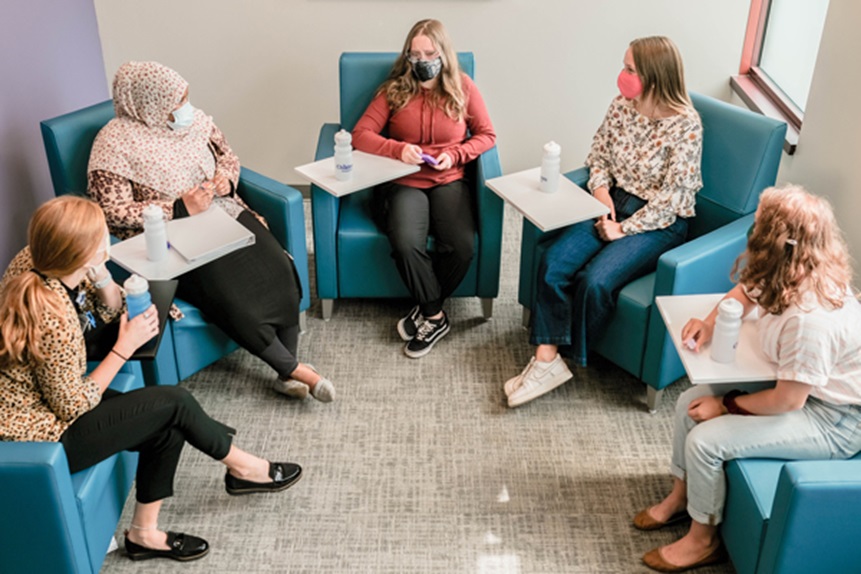
Aftercare and Transition Planning Following PHP: A Crucial Element for Sustainable Recovery
The journey towards recovery from addiction and mental health disorders is not a sprint; it’s a marathon. With different steps, each with its significance and impact, the journey extends beyond the primary treatment phase. One such essential step is the transition from a Partial Hospitalization Program (PHP) to aftercare. This transition is crucial to maintain the gains made during PHP and to help individuals adapt to a less structured environment. But what does this entail?
What is PHP?
PHP, or Partial Hospitalization Programs, serve as a middle ground between inpatient and outpatient treatment settings. They offer an intensive level of care while allowing individuals to go home at night or stay in separate housing. There are numerous benefits of a partial hospitalization program, such as comprehensive treatment services and flexibility, that make it a viable option for many people.
Importance of Aftercare
Research indicates that long-term recovery is often associated with sustained and coordinated aftercare. According to SAMHSA, individuals who engage in aftercare are generally more successful in sustaining recovery. Aftercare provides ongoing support that helps individuals maintain their sobriety, manage symptoms, and deal with life’s challenges in a healthy way.
Components of a Good Transition Plan
A well-thought-out transition plan should include a variety of components tailored to the individual’s needs:
-
Continuity of Medical Treatment: Many individuals need ongoing medication management. An effective transition plan ensures seamless coordination between the PHP and the patient’s primary care provider or psychiatrist.
-
Therapeutic Support: Ongoing therapy, either individual or group-based, is often recommended to continue the work initiated during PHP. The National Institute on Drug Abuse emphasizes that behavioral therapies can be highly effective in treating addiction.
-
Local Support Groups: Engaging in local support groups can provide a sense of community and belonging, essential factors in sustaining recovery.
-
Skill Development: Skills learned during PHP, like coping mechanisms and stress management, need to be integrated into daily life.
-
Family Involvement: Family members should be educated and trained in how best to support their loved one.
Aftercare Options
-
Outpatient Programs: These offer a step-down level of care, with fewer hours of therapy per week compared to PHP.
-
Individual Counseling: Provides a space to continue developing coping strategies and to work through any emotional or psychological issues.
-
Sober Living Homes: These are alcohol and drug-free living environments for people in recovery.
-
Telehealth Services: Remote access to mental health and addiction professionals can make aftercare more accessible.
Things to Remember
It’s essential to remember that the end of PHP is not the end of the recovery journey. It’s a significant milestone, to be sure, but it marks the transition into a different kind of intensive work. The goal is to integrate the skills and insights gained during PHP into everyday living. Moreover, each person’s aftercare needs are unique and can change over time, requiring flexibility and frequent reassessments.
Safeguarding the Voyage of Recovery
Transitioning from PHP to aftercare is like a ship entering open waters after navigating through a strait. While the treacherous parts may seem behind, constant vigilance is required to ensure that the ship stays its course. For those in recovery, a well-thought-out aftercare and transition plan acts as the compass and map for these open waters, helping them navigate towards a fulfilling, substance-free life. This transition is a critical component of a holistic treatment strategy, complementing the benefits achieved during the PHP stage and offering a continuum of care that maximizes the potential for long-term recovery.
